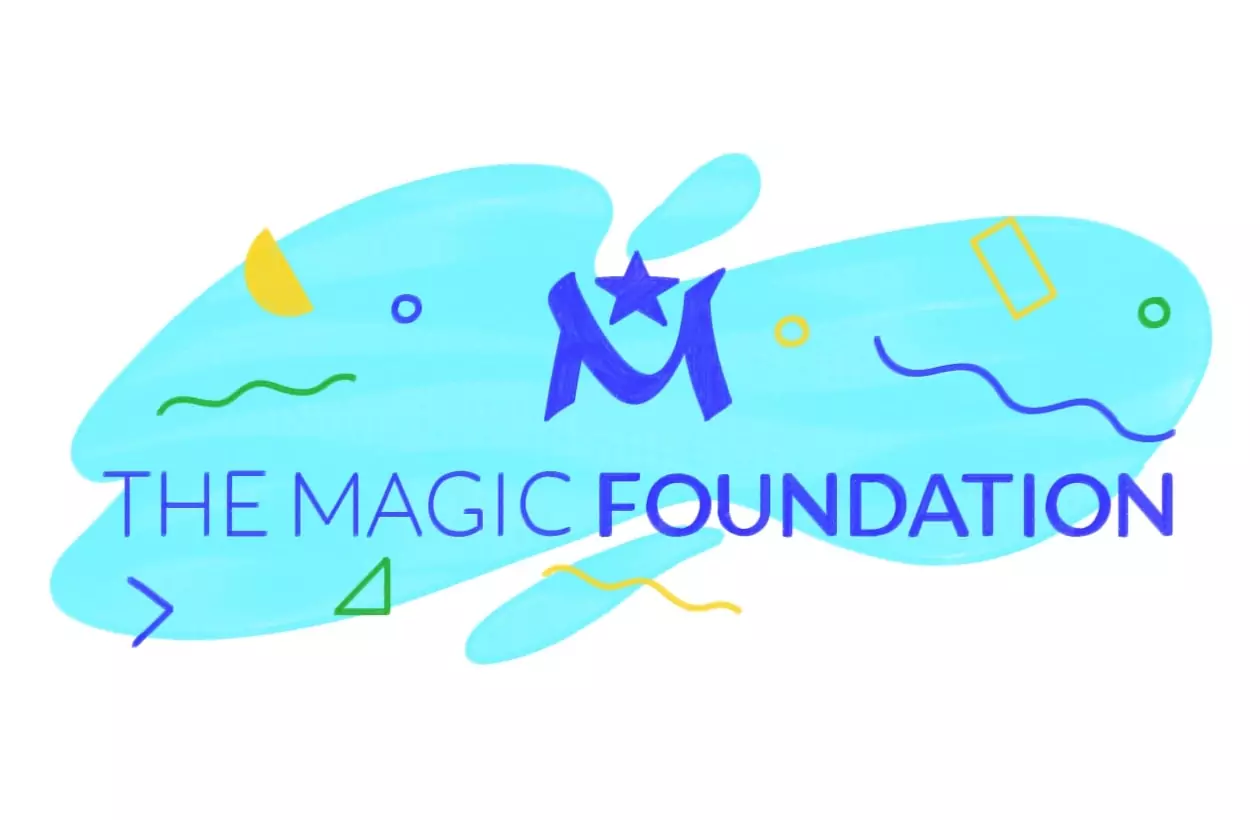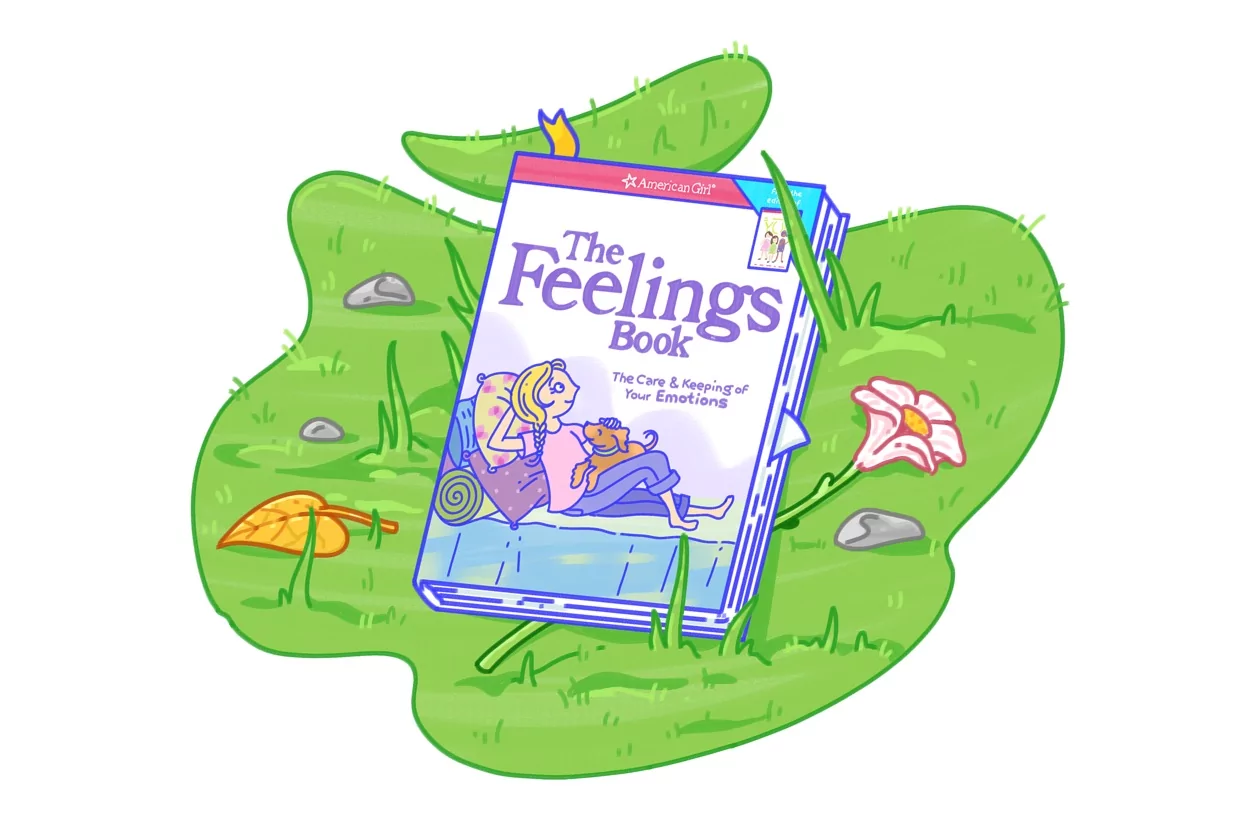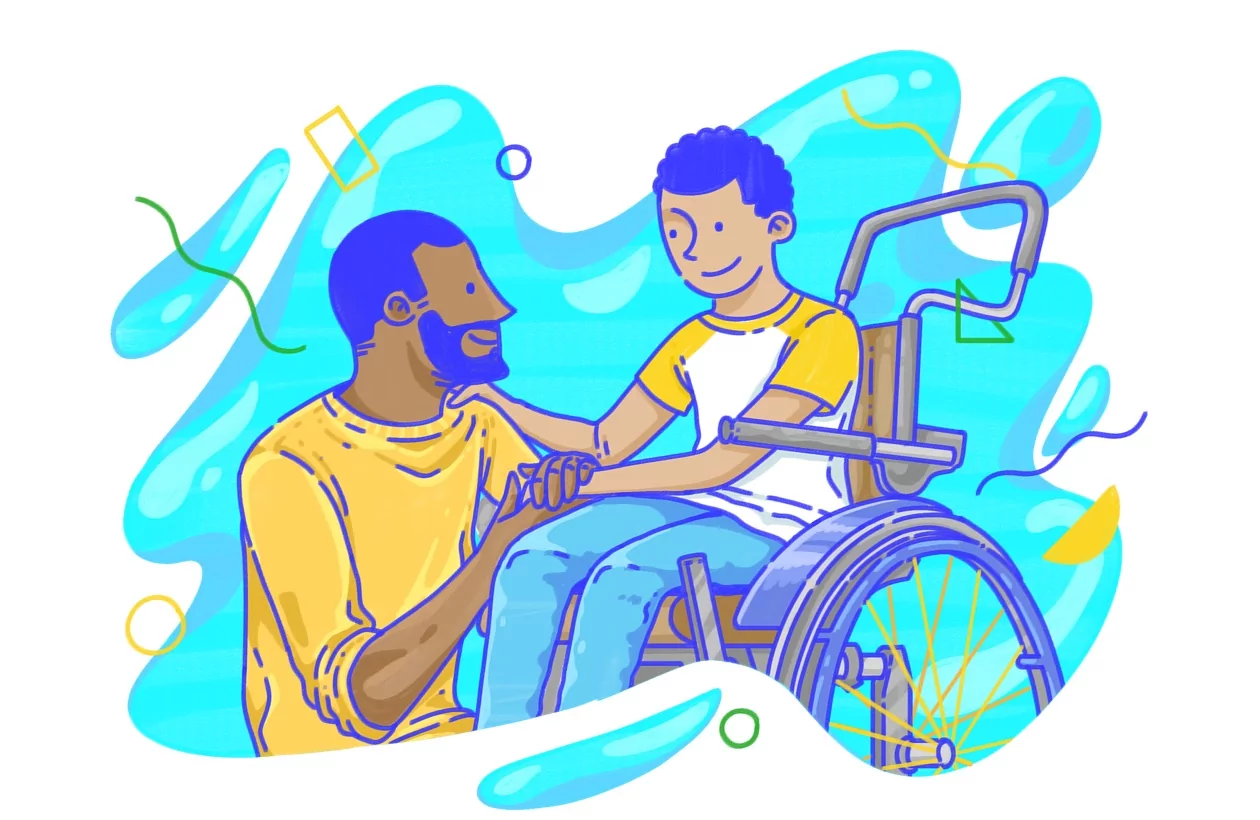If your child has Central Precocious Puberty, you may have heard that untreated CPP can lead to a premature fusion of bone growth plates, resulting in a shorter adult height. But of course, there’s much more to adulthood than height: Sexual function and fertility, overall skeletal and muscle growth, and emotional well-being are cornerstones of adult health, too.
Learn the impact of CPP on your child’s future health, whether or not you choose to pursue treatment.
Physical Risks
At this time, more research is still needed on precocious puberty risks for boys’ physical adult health, but we know some of the potential risks for girls. According to Louise Greenspan, a pediatric endocrinologist and co-author of The New Puberty: How to Navigate Early Development in Today’s Girls, untreated precocious puberty in girls has been linked to conditions like breast cancer, diabetes, and heart disease. At present, experts have not agreed on the overall level of risk associated with untreated CPP. Together, you and your child’s doctor can determine the right course of action.
Psychological Risks
Research shows that children with untreated precocious puberty are at greater risk for depression, are more likely to partake in drugs and alcohol, and tend to have sex earlier than their peers. Per NCBI, children with precocious puberty “have a lot of peer pressure and self-image concerns.” Echoing this, Greenspan cited stress as a major contributing factor to these psychosocial issues. “Being a late bloomer or early bloomer and standing out from your peers can be a stress for some kids,” she said. The way the media sexualizes young girls’ bodies can also be incredibly damaging, affecting childrens’ body image and pushing them into mature situations that they’re not ready for.
Of course, not all children with untreated CPP will experience these psychological hurdles. And treated or untreated, NCBI reports that “most of these [psychological] problems are resolved by early adulthood.” Furthermore, any child can benefit from simple stress reduction techniques and mindful media consumption, whether they have precocious puberty or not.
Fertility Problems
Research shows that girls who begin puberty early often experience issues with regular menstruation, and precocious puberty can lead to infertility in both genders. Women with CPP who did not receive treatment have demonstrated higher rates of fertility issues like polycystic ovarian syndrome and are more likely to require assisted fertility therapy in adulthood. If you’re concerned about your child’s future fertility, it’s important to discuss the options with their doctor.
Treatment May Reduce Adult Health Risks
Most children who pursue GnRH treatment can expect improved adult height (especially if treatment is received at the earliest sign of puberty), as well as healthy reproductive function, body mass index, and bone density. In children who are appropriate candidates for CPP treatment, medicine can also minimize emotional problems or risky behaviors that may result from sexually maturing much earlier than your peers, leading to more confidence, emotional resilience, and a healthier self-image. If your child is not found to be a candidate for CPP treatment or you would like to investigate other options, talk to your doctor about alternative ways to protect your child’s physical and mental health. Ultimately, the decision to pursue CPP treatment is always up to you. And with the support of your pediatrician, you can determine the safest choice for your child.
TPI.2022.3067.v2




